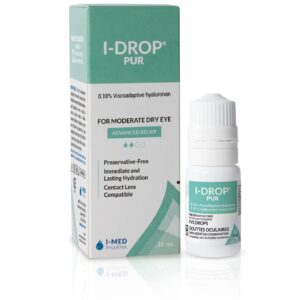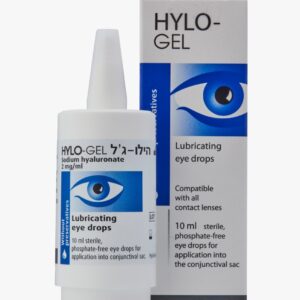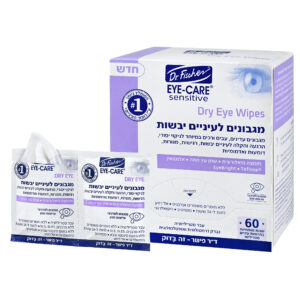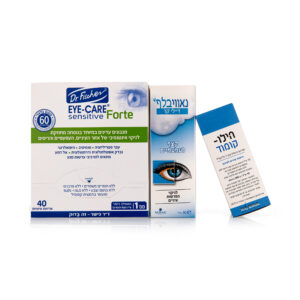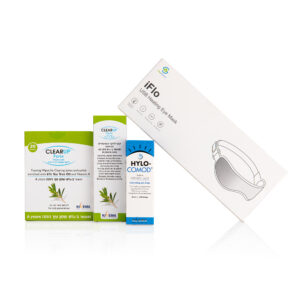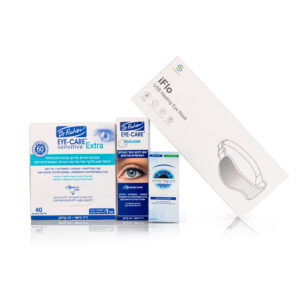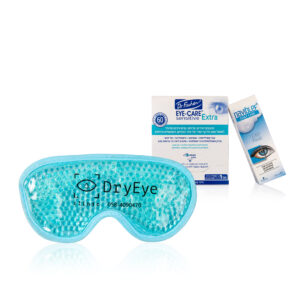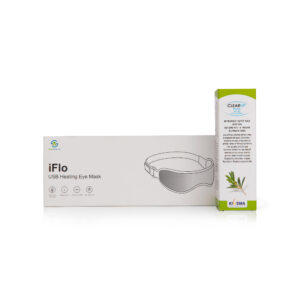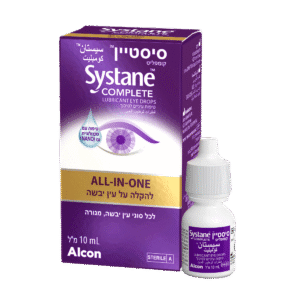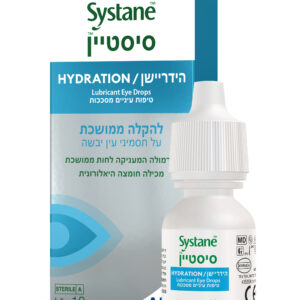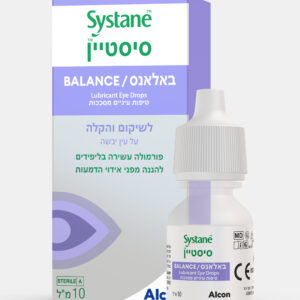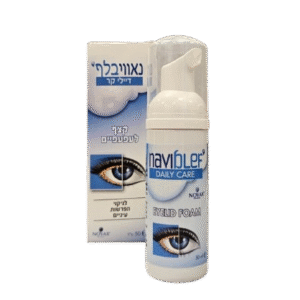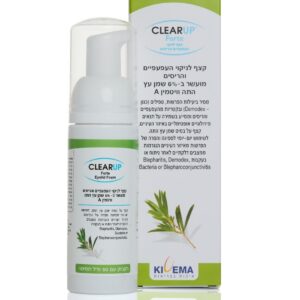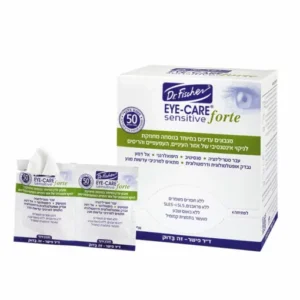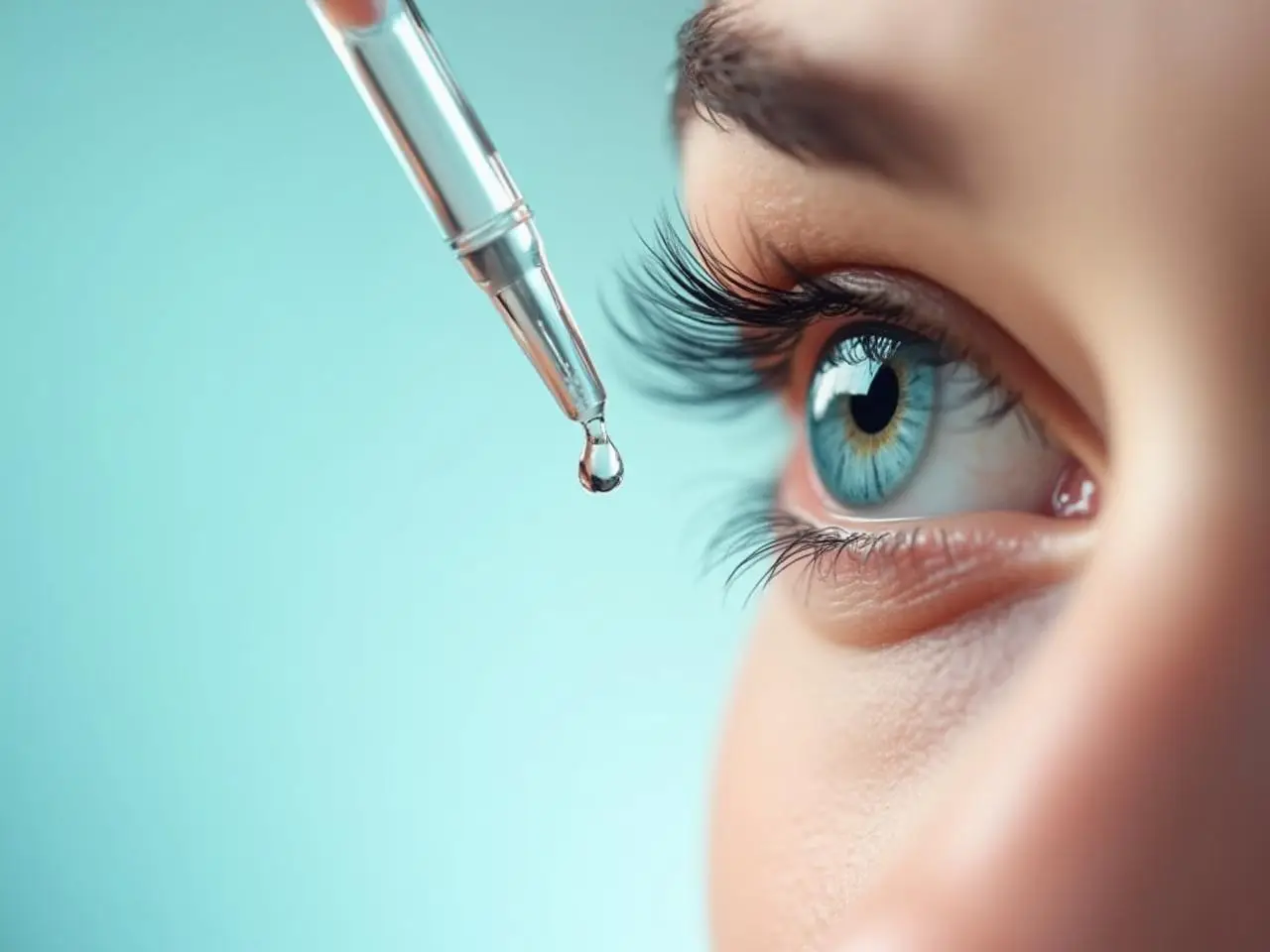
טיפות דמעות – מה זה ולמה משתמשים בהן?
טיפות דמעות הן תמיסות רפואיות או קוסמטיות שמטרתן להקל על
One of the key components to maintaining good eye health is ensuring adequate intake of vitamins for the eyes. This article delves into the various vitamins essential for our eyes and explains their importance in maintaining and improving vision.
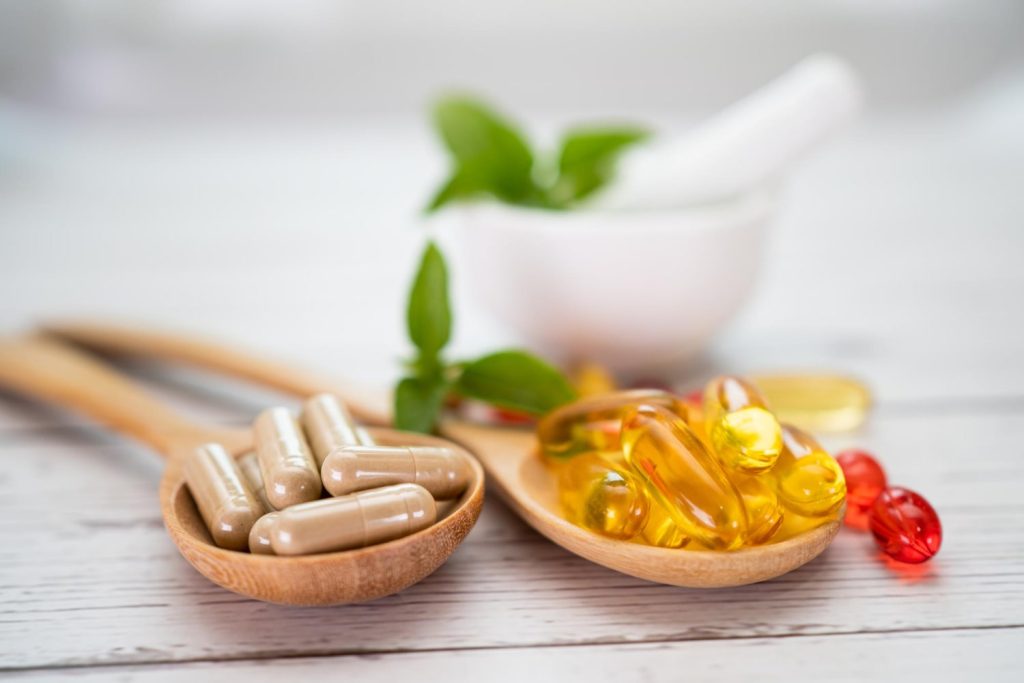
Perhaps the best known vitamin for eye health, vitamin A plays a major role in maintaining good vision, especially in low light conditions.
Function : Vitamin A helps in the production of rhodopsin, a pigment found in the retina that helps vision in low light. A deficiency of this vitamin can lead to night blindness.
Sources : Foods rich in vitamin A include carrots, sweet potatoes, spinach and kale. In addition, beef liver and egg yolks are excellent animal sources.
Deficiency : A lack of vitamin A in the diet can cause dry eyes and in severe cases can lead to xerophthalmia, a condition that can cause blindness.
Often associated with supporting the immune system, vitamin C is also essential for eye health. It acts as an antioxidant, protecting the eyes from harmful free radicals.
Function : Vitamin C supports the health of blood vessels in the eyes. It also fights against the progression of age-related macular degeneration (AMD) and reduces the risk of cataract formation.
Sources : Citrus fruits such as oranges and grapefruits, strawberries, peppers and broccoli are excellent sources of vitamin C.
Deficiency : Prolonged deficiency may increase the risk of cataracts and AMD.
Another powerful antioxidant, vitamin E helps protect the eyes from damage caused by free radicals, which can damage vision over time.
Function : This vitamin protects the eye cells from damage by unstable molecules and plays a role in reducing the risk of AMD and cataracts.
Sources : Nuts (especially almonds), seeds, spinach and fortified cereals rich in vitamin E.
Deficiency : Although rare, vitamin E deficiency can lead to retinal degeneration and blindness.
Recent studies have highlighted the importance of vitamin D in eye health, especially in reducing the risk of AMD.
Function : Vitamin D has anti-inflammatory properties that may help reduce the risk of chronic diseases, including AMD.
Sources : The main source of vitamin D is sunlight. Dietary sources include fatty fish, fortified dairy products, and egg yolks.
Deficiency : Low levels of vitamin D have been linked to a higher risk of chronic diseases, including AMD.
The vitamin B group, especially B1 (thiamine), B2 (riboflavin), B3 (niacin) and B12, are essential for maintaining good eye health.
Function : B vitamins reduce the levels of homocysteine, a protein in the body that may be associated with inflammation and an increased risk of developing AMD.
Sources : whole grains, meat, eggs, dairy products and legumes rich in B vitamins.
Deficiency : A deficiency of B vitamins can lead to various eye problems, including sensitivity to light, blurred vision, and in severe cases even blindness.
Although not vitamins in the traditional sense, these carotenoids are essential for the eyes. They are often discussed together due to their complementary roles.
Function : These carotenoids are found in high concentration in the macula, the part of the retina responsible for central vision. They protect the eyes from harmful high-energy light waves such as ultraviolet rays.
Sources : Green leafy vegetables, such as spinach, kale and kale, are rich in lutein and zeaxanthin. Eggs also contain these beneficial compounds.
Deficiency : A lower intake of these carotenoids is associated with an increased risk of chronic eye diseases, including AMD and cataracts.
Maintaining a balanced diet rich in these vitamins and nutrients can greatly benefit the health of our eyes. While supplements are available for many of these vitamins, it is always best to consult an eye doctor before making any changes to your diet or supplement routine. Regular eye exams, combined with a nutrient-dense diet, will ensure that your "windows to the soul" remain healthy.

טיפות דמעות הן תמיסות רפואיות או קוסמטיות שמטרתן להקל על
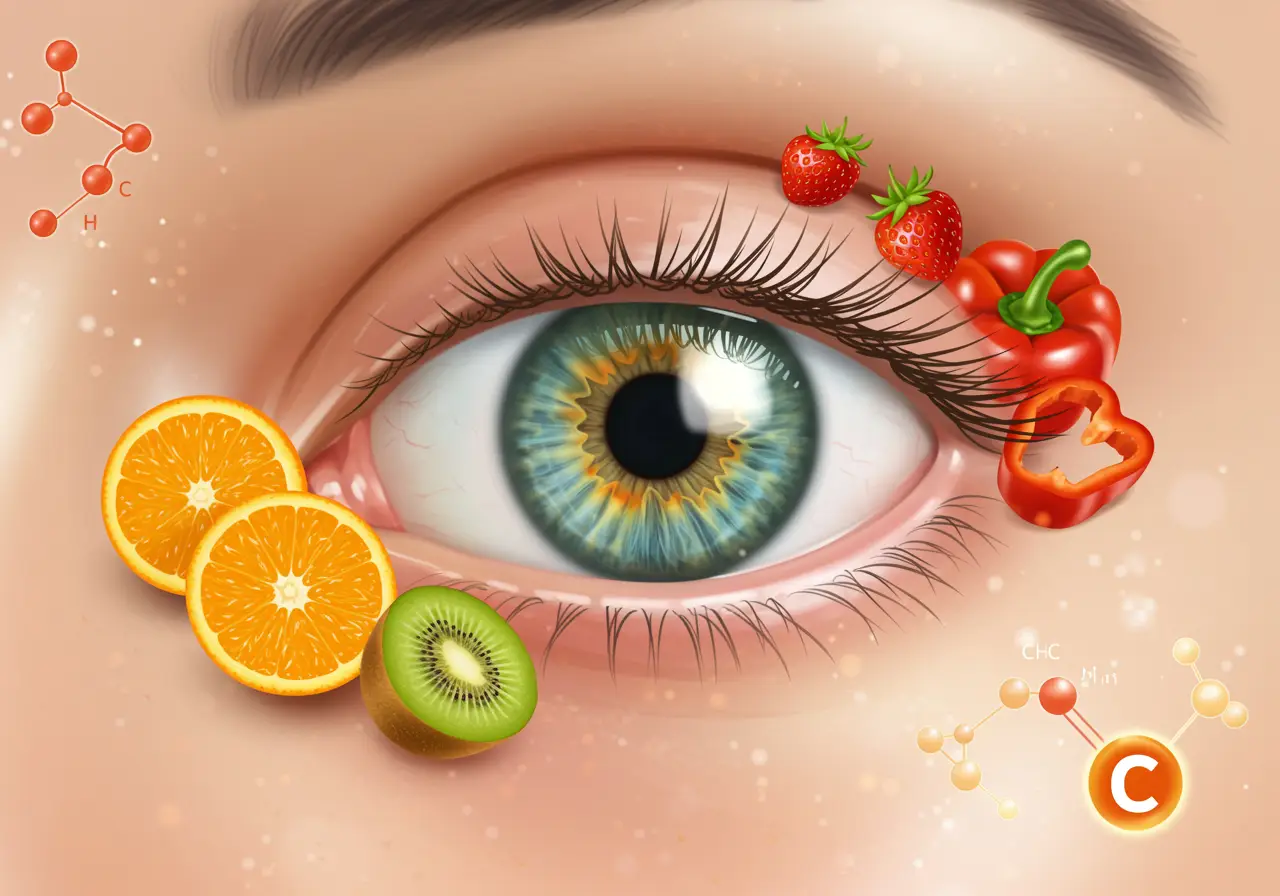
ויטמין C הוא אחד הוויטמינים החיוניים ביותר לבריאות העיניים, הודות

מרכז מומחים לאבחון וטיפול מתקדם בתסמונת העין היבשה ומחלות פני שטח העין
